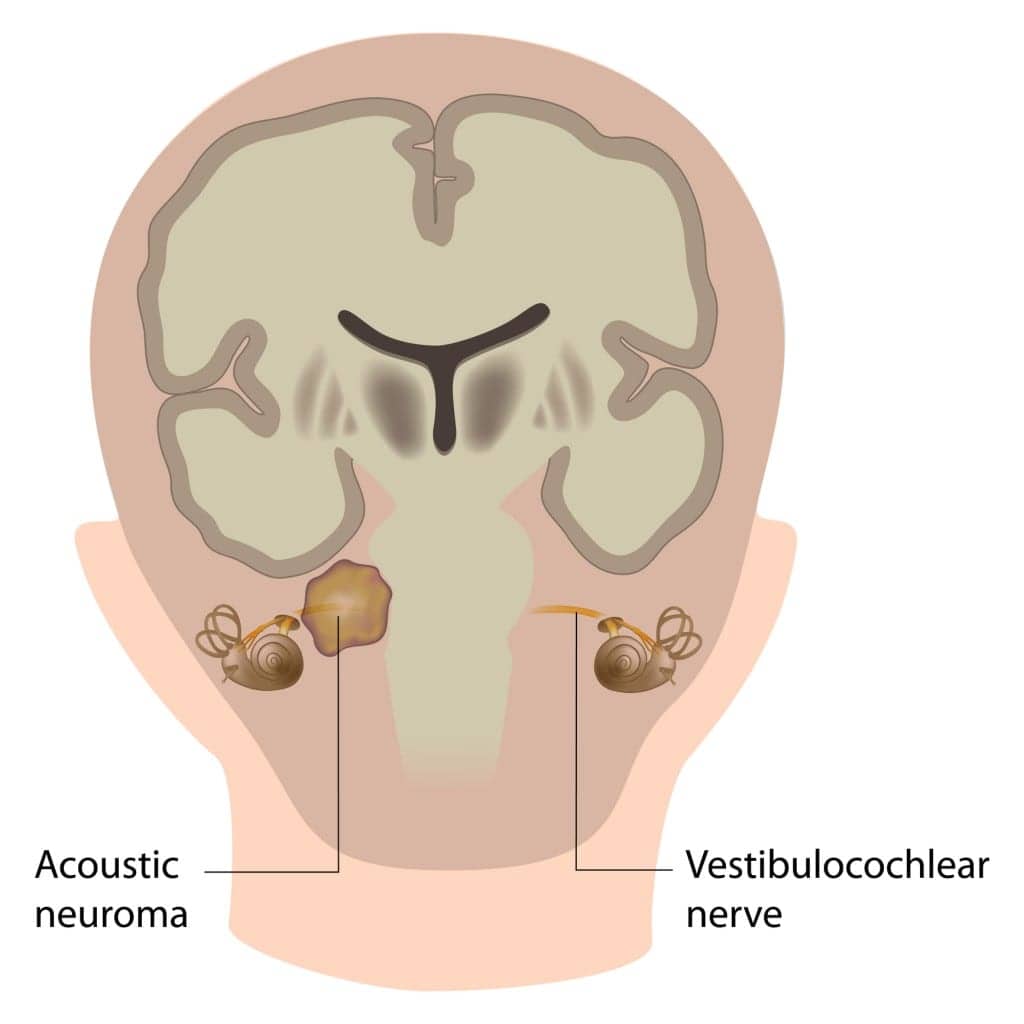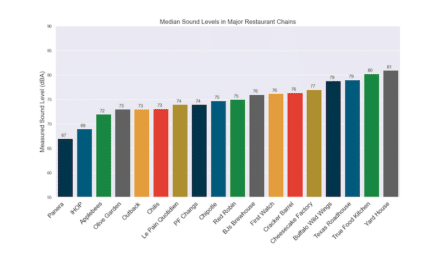By Katie Marquedant, Senior Media Relations Manager, Mass General Cancer Center
New research led by investigators at Massachusetts General Hospital (MGH) and Massachusetts Eye and Ear indicates that the blood pressure drug losartan may benefit patients with neurofibromatosis type 2 (NF2), a hereditary condition associated with vestibular schwannomas, or noncancerous tumors along the nerves in the brain that are involved with hearing and balance. The findings, which are published in Science Translational Medicine, are especially important because vestibular schwannomas are currently treated with surgery and radiation therapy (which carry risks of nerve damage), and no drug is approved by the US Food and Drug Administration (FDA) to treat these tumors or their associated hearing loss. An article describing the research appears on the MGH website.
Related article: NSAIDs May Halt Growth of Vestibular Schwannomas
“Developing effective therapeutics to preserve hearing function in patients with NF2 is an urgent unmet medical need. The greatest barrier to managing NF2-related auditory impairment is our incomplete understanding of how schwannomas cause hearing loss,” says co–senior author Lei Xu, MD, PhD, an investigator in the Steele Laboratories for Tumor Biology within the MGH Department of Radiation Oncology. A previous report showing that scarring, or fibrosis, exists in schwannomas and correlates with hearing loss prompted the team to test whether a drug that blocks fibrosis might be effective.
Losartan blocks a component of the renin-angiotensin system, which is involved not only in regulating blood pressure but also in stimulating fibrosis and inflammation. The entire class of angiotensin-targeting drugs, which includes losartan, has been shown to reduce collagen accumulation in cardiac and kidney fibrotic disease. Using a mouse model of NF2, Xu and her colleagues found that losartan treatment had several effects on vestibular schwannomas and the brain: It reduced inflammatory signaling and swelling and thus prevented hearing loss, and it increased oxygen delivery to enhance the effectiveness of radiation therapy (which may help lower the radiation dose needed to control tumor growth and limit radiation-associated toxicities).
In preparation to translate these findings into the clinic, co–senior author Konstantina Stankovic, MD, PhD, former chief of the Division of Otology and Neurotology at Massachusetts Eye and Ear, now Bertarelli Professor and Chair of the Department of Otolaryngology – Head and Neck Surgery at Stanford University School of Medicine, examined patient samples and data. Her team found that vestibular schwannomas associated with poor hearing had more pronounced inflammatory signaling than tumors associated with good hearing. This inflammatory signaling in tumors was capable of directly damaging cochlear cells that are essential for hearing. Also, patients with vestibular schwannoma who took losartan or other drugs in its class experienced no progression in hearing loss, unlike patients on other or no antihypertensive drugs. This study illustrates the advantages offered by an integrated approach and teamwork that spans basic research, translational investigation and clinical care.
The findings support the need for a prospective clinical trial of losartan in patients with NF2 and vestibular schwannomas. “As one of the most commonly prescribed drugs for hypertension, the safety and low cost of losartan warrants rapid translation of our research to patients with vestibular schwannomas to try to prevent tumor-induced sensorineural hearing loss,” Stankovic says.
This study was supported by the Department of Defense, the Children’s Tumor Foundation Drug Discovery Initiative, the National Cancer Institute, the Advanced Medical Research Foundation, Jane’s Trust Foundation, the Lustgarten Foundation, the Ludwig Center at Harvard, the National Foundation for Cancer Research, the Gates Foundation, the Cancer Research Institute, the American Association for Cancer Research, the National Institute on Deafness and Other Communication Disorders, Nancy Sayles Day Foundation, Lauer Tinnitus Research Center, the Barnes Foundation, the Zwanziger Foundation, and Sheldon and Dorothea Buckler.
Original Paper: Wu L, Vasilijic S, Sun Y, et al. Losartan prevents tumor-induced hearing loss and augments radiation efficacy in NF2 schwannoma rodent models. Science Translational Medicine. 2021;13(602):eabd4816.
Source: MGH, Science Translational Medicine






